Someone recently asked whether I think of myself as Russian, or American. My initial response (without thinking) was – American. But as I gave this question more thought I realized that the answer is more complex. First of all, the question is incomplete, as I have another identity – I’m Jewish (we’ll come back to it). But when it comes to national identity, I think of myself as American. I moved to the United States in 1991 when I was 18 years old, and this country has been incredibly kind to me. I received my undergraduate and graduate education here. I speak, read, and write much better in English than in Russian.
Let’s say I was watching the Olympics and the American team was playing a team from any other country (including Russia). I’d be rooting for the Americans – I wouldn’t have to give this a second thought.
However, as I got older, I started to appreciate that when it comes to some elements of culture, I consider myself Russian. For instance, Rachmaninoff and Tchaikovsky are my composers. I cannot really describe what “my” means, but their music speaks to my soul. I experience a connection to their music that is unique.
That is really all I had to say here, but writing is very psychotherapeutic; it’s like being on the psychiatrist’s couch without a $200 bill. As I’ve been typing away at this, I have realized that there may be a logical reason why Russian music is “my.”
Tim Urban estimated that by the time you finish high school you have spent 93% of the total time you’ll ever spend with your parents. Today I spend at least six hours a day with my kids and another 20 hours on weekends. When kids live in your house they are completely dependent on you, especially younger ones. Let’s take my five-year-old Mia Sarah and thirteen-year-old Hannah, for example. Neither one drives, of course, and my wife won’t let them past the porch without adult supervision (she’d put a leash on Mia Sarah if she could).
When they go to college, get married, and have their own offspring, we’ll be lucky to see them six hours a month (though I hope it will be more than that). We are getting a small taste of what’s to come with my seventeen-year-old Jonah, who is a senior in high school and still lives with us. He has a car, girlfriend, study groups… we’ re lucky if we spend two hours a day with him during the week.
How does this relate to my being culturally Russian?
My parents loved classical music, and they especially loved Russian composers, Russian writers (my father read to me almost every day before I went to sleep), and Russian painters. So, what I am today, at least culturally, was planted in me during 93% of the time I spent with my parents, before we left Russia. So, on some (Freudian) level, maybe Russian composers are my composers because they are my parents’ composers.
And then there is being Jewish. I’ve been thinking about this a lot lately. For some people being Jewish means one thing: religion. Not me. To me being Jewish means three things: religion, tradition (philosophy), and nationality.
I didn’t realize that there was such a thing as Jewish religion until I was in my late teens. Soviets were not big fans of religion (they indiscriminately disallowed all of them), as it competed with their own version of religion – communism.
I was always reminded that my nationality was Jewish, because my parents’ (and later my) passports said that. Since I was a little kid I knew that my being Jewish was not a good thing, as if my nationality was not as clean or as good as everyone else’s. That feeling of being ashamed of my nationality completely went away after I moved to the US.
I recently took the 23 and Me test and learned that I am 97.5% Ashkenazi Jew. (There was not much surprise there – just take a quick look at my photo at the bottom).
And then there’s the second part of my being Jewish – tradition and philosophy. Neither my parents or grandparents were religious, but Jewish traditions and philosophy were deeply ingrained in them. I lump tradition and philosophy together because often you don’t know where one stops and the other begins. Religion and harsh external environment (for centuries Jewish people have not had easy lives) have helped to shape both.
Anyway, this is a very, very long introduction to the music I wanted to share with you today, Piano Concerto Number 4 by (my composer) Sergei Rachmaninoff. Rachmaninoff wrote the original version in 1926, but it received a very muted response. Rachmaninoff revised it twice, and his final version (completed in 1941) is the version usually performed today. However, in 2000 Rachmaninoff’s estate allowed the original version to be published, and thus we now have two versions to compare.
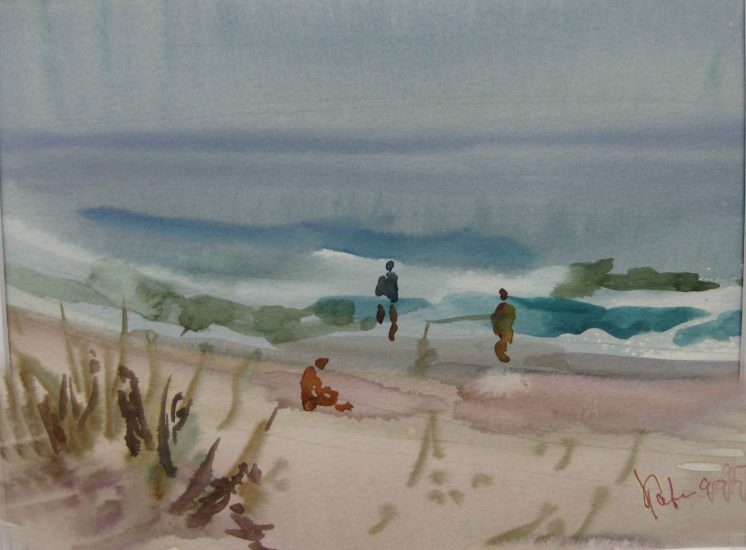
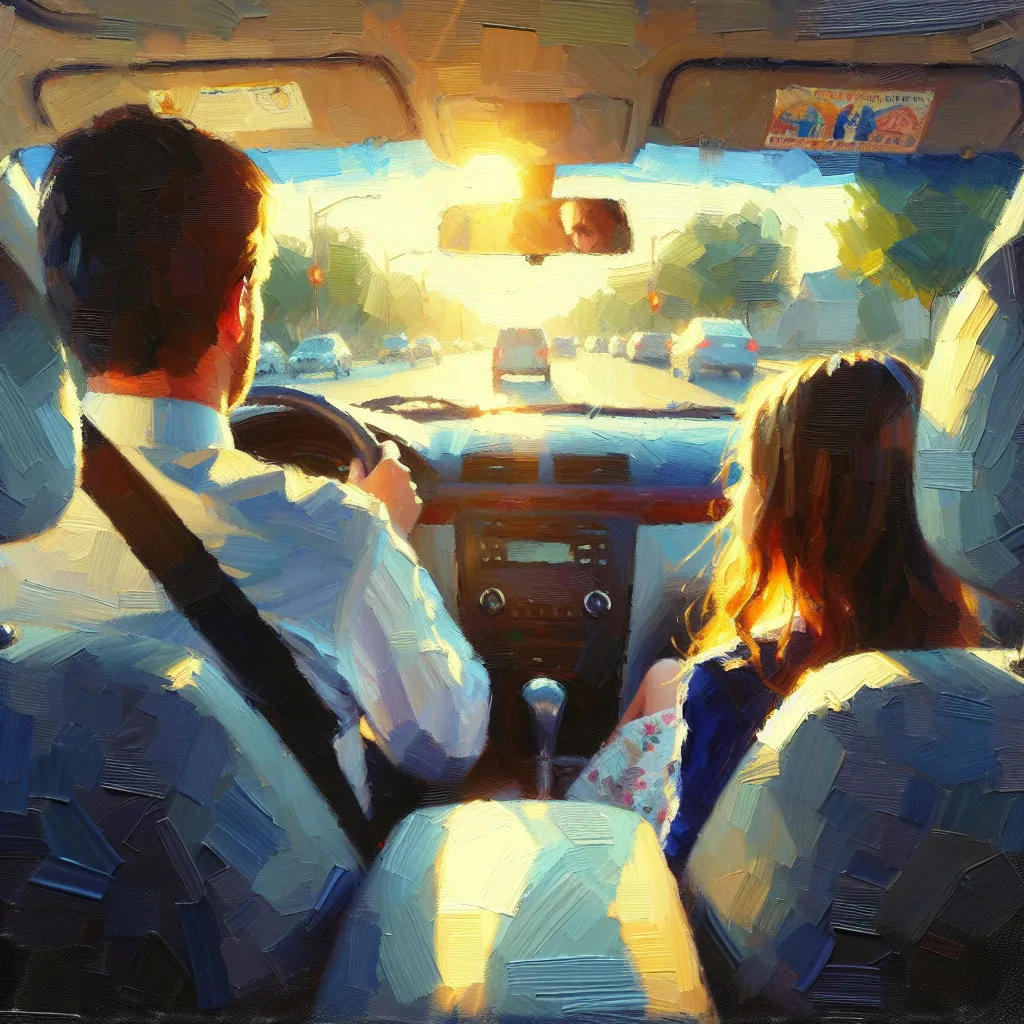
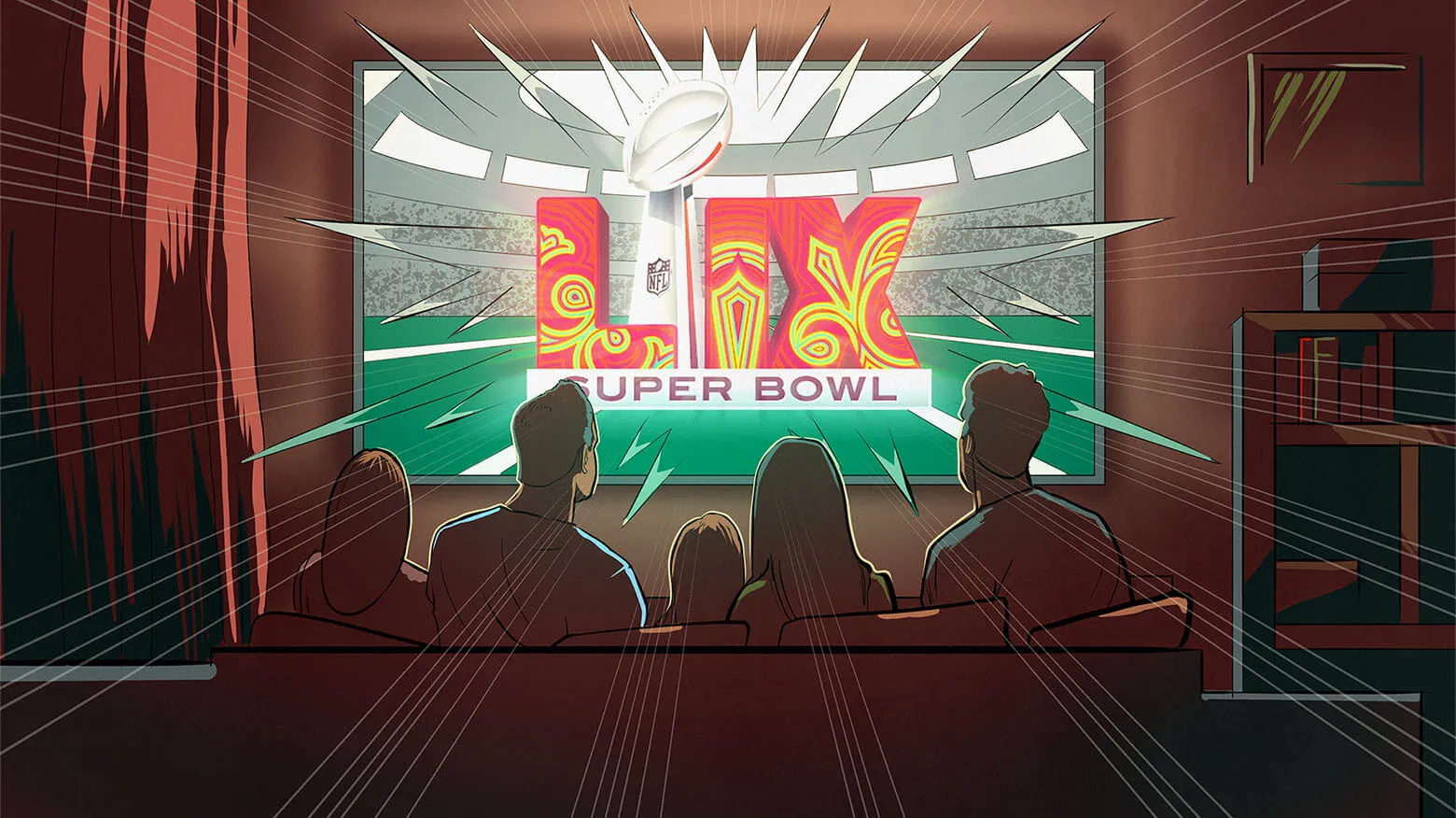
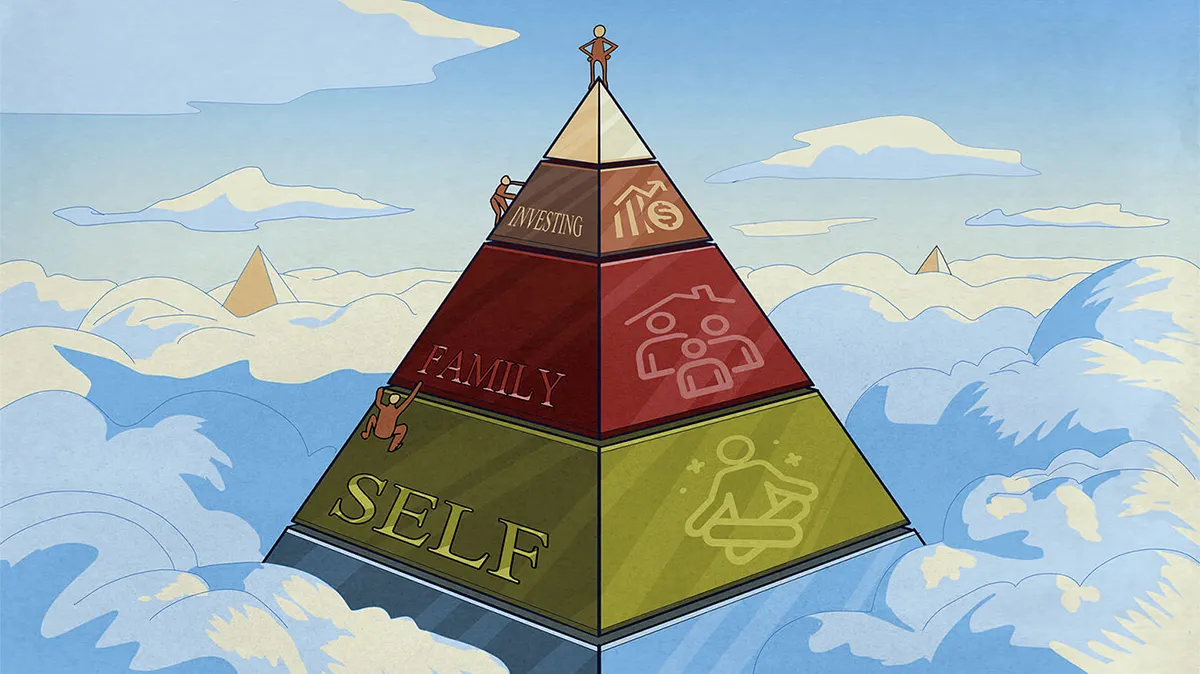
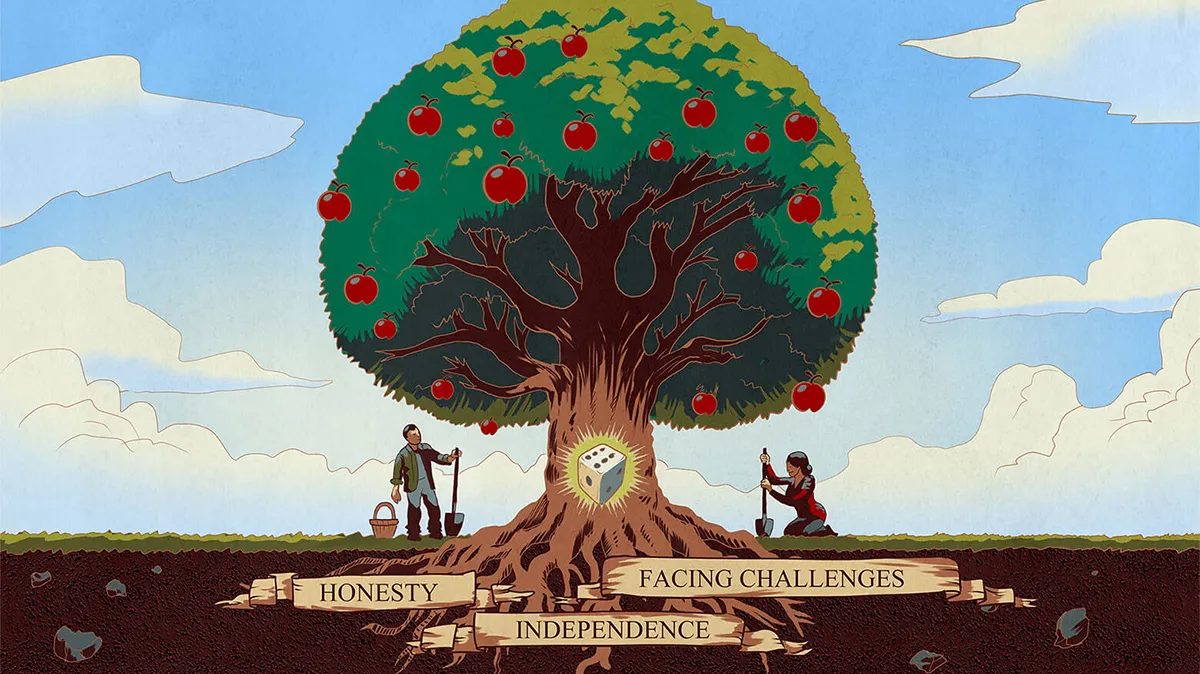




Arbeit macht frei, Jude.
I continue to be delighted with your writing (style), philosophy, music and insights. I learn more, and more easily, than elsewhere. Thanks, again.